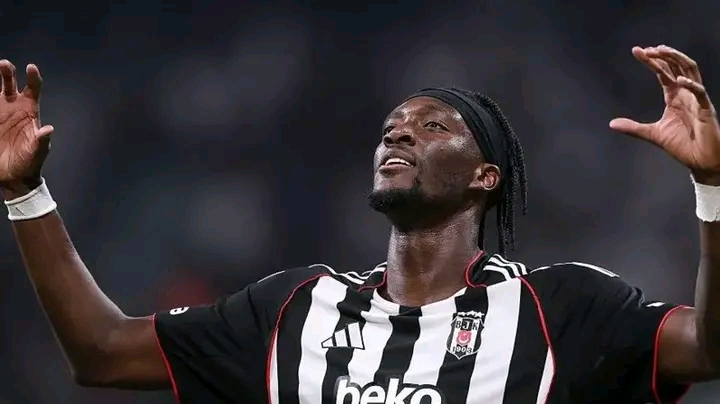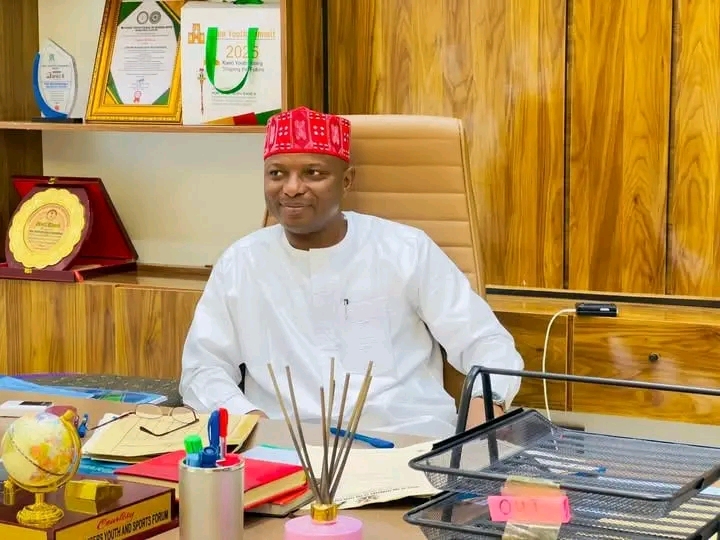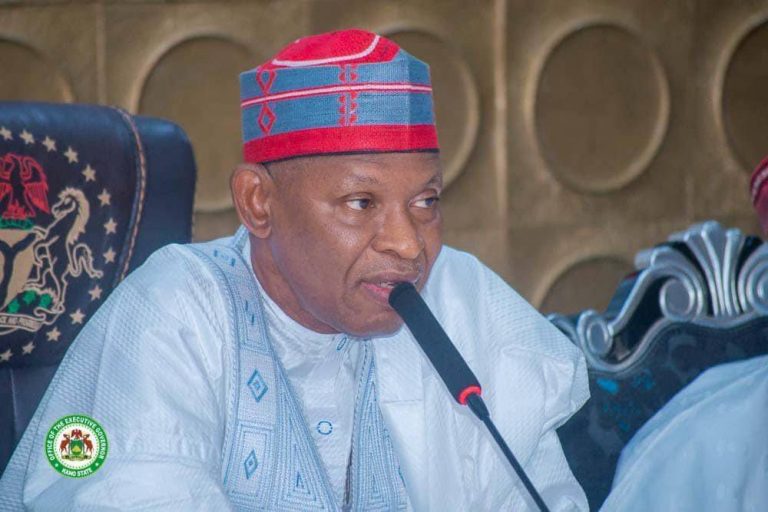An ally of President Vladimir Putin issued a stark new nuclear warning to Ukraine and the West on Tuesday as referendums billed by Russia as a prelude to its annexing four Ukrainian regions entered their fifth and final day.
Tuesday’s nuclear warning by Dmitry Medvedev, deputy chairman of Russia’s Security Council, is one of several issued by Mr Putin and his associates in recent weeks.
Analysts say they are designed to deter Ukraine and the West by hinting at a readiness to use tactical nuclear weapons to defend newly annexed territory, where the Russian forces have faced strong Ukrainian counter-offensives in recent weeks.
Mr Medvedev’s warning differed from earlier ones in that he predicted for the first time that the NATO military alliance would not risk nuclear war and directly enter the Ukraine war even if Moscow struck Ukraine with nuclear weapons.
“I believe that NATO would not directly interfere in the conflict even in this scenario,” Mr Medvedev said in a post on Telegram. “The demagogues across the ocean and in Europe are not going to die in a nuclear apocalypse.”
Moscow’s latest broadside came as European countries rushed to investigate unexplained leaks in two Russian natural gas pipelines under the Baltic Sea, which will hinder efforts to restart the main line taking Russian gas to Germany.
Voting on whether to join Russia in four Ukrainian regions partly controlled by Moscow – Kherson, Luhansk, Donetsk, and Zaporizhzhia – entered its fifth and final day. The West has said it will not recognise the outcome of what it regards as illegal sham referendums.
Russian government officials have repeatedly warned they might use nuclear weapons to defend the new territory if Kyiv’s forces, who are already in control of some of it, try to take what Moscow says it will soon regard as its sovereign territory.
NATO and the United States have not detailed publicly how they would respond to a Russian nuclear attack on Ukraine, but Jake Sullivan, White House national security adviser, told CBS on Sunday that Washington had spelt out to Moscow what he described as “catastrophic consequences” for Russia.
Ukrainian presidential adviser Mykhailo Podolyak said in an interview with Swiss newspaper Blick that Ukraine was preparing for the possibility of a Russian nuclear strike but said the onus was on nuclear-armed states to deter Russia.
Mr Podolyak said in the same interview that Ukrainians who had helped Russia organise the annexation referendums would face treason charges and at least five years in jail.
Ukrainian officials have reported ballot boxes being taken door to door and residents being coerced into voting in front of Russian troops.
The British Ministry of Defence said on Tuesday that Mr Putin was likely to announce the accession of the occupied regions to the Russian Federation during an address to parliament on September 30.
On Tuesday, Ukrainian and Russian forces were locked in heavy fighting in different parts of Ukraine.
Ukrainian President Volodymyr Zelensky said the Donetsk region in the east remained his country’s – and Russia’s – top strategic priority, with “particularly severe” fighting engulfing several towns as Russian troops try to advance to the south and west.
Pavlo Kyrylenko, the regional governor, said three civilians had been killed and 13 wounded in the Donetsk region in the past 24 hours.
There were also reported clashes in the Kharkiv region in the northeast – the focus of a Ukrainian counter-offensive this month.
The Ukrainian Air Force said on Tuesday it had shot down three Iranian-made drones operated by Russia after an attack on the Mykolaiv region. (Reuters/NAN)
Advertisement




